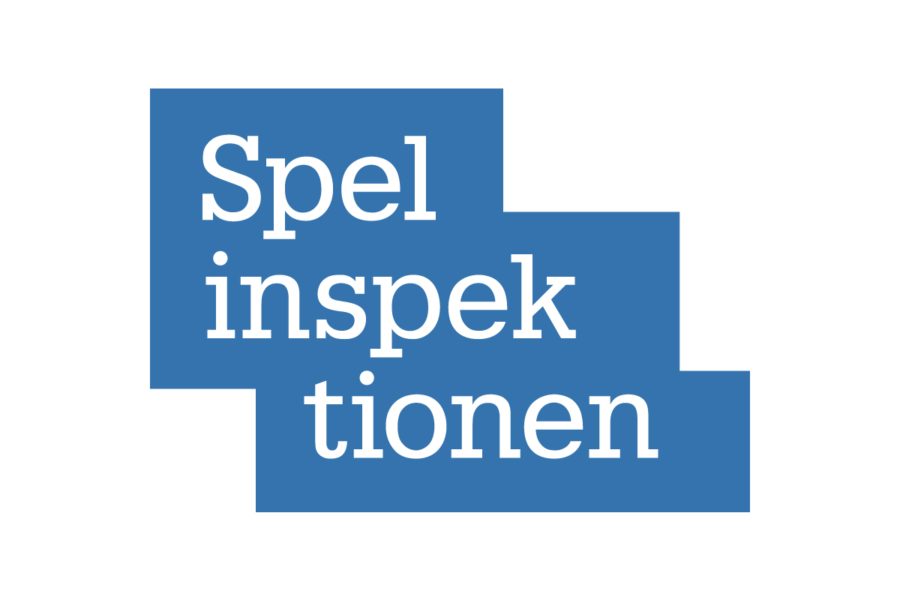Swedish gambling regulator warns Zimpler over payments to unlicensed operators

Spelinspektionen has warned that it could fine Zimpler up to €2.2m.
Sweden.- The national gambling regulator Spelinspektionen has warned payment provider Zimpler AB to cease processing payments for unlicensed online gambling operators. It says it will fine the provider up to SEK 25m (€2.2m) if it fails to comply.
The regulator says Zimpler, which is authorised by the Swedish finance watchdog, Finansinspektionen, has been breaching the rules for transactions permitted via the national banking electronic identification service BankID by allowing payments to be made to unlicensed operators. The regulator says it received an anonymous tip-off alerting it to the breaches.
Spelinspektionen says it was also told that the provider had worked closely with unlicensed gambling operators and shared customer data. It says its own investigation confirmed that Zimpler’s logo appeared in payment options to unlicensed sites and that it was also named in terms of use.
Spelinspektionen has given Zimpler until July 31 to comply with its order or face possible fines. The provider has argued that it believes its activity did not constitute the promotion of unlawful gambling but said it would end its relationships with unlicensed European gaming companies that accept Swedish consumers during the present quarter.
Swedish Ministry of Finance recommends ban on credit card gambling transactions
Meanwhile, Sweden’s Ministry of Finance has recommended the introduction of a ban on credit card transactions in gambling. In its 650-page report on enhanced consumer protections against risky lending and over-indebtedness, it proposes that the ban cover all forms of gambling.
Sweden’s Gambling Act (2018) already bans the use of credit for most gambling but not lottery and soft game operators. Moreover, some companies have been able to get around the ban by taking credit payments indirectly via third-party services.
The report noted the findings of the Swedish Gaming Market Investigation, which observed a “continued practice of licensees offering gambling on credit in partnership with third-party credit services”.











